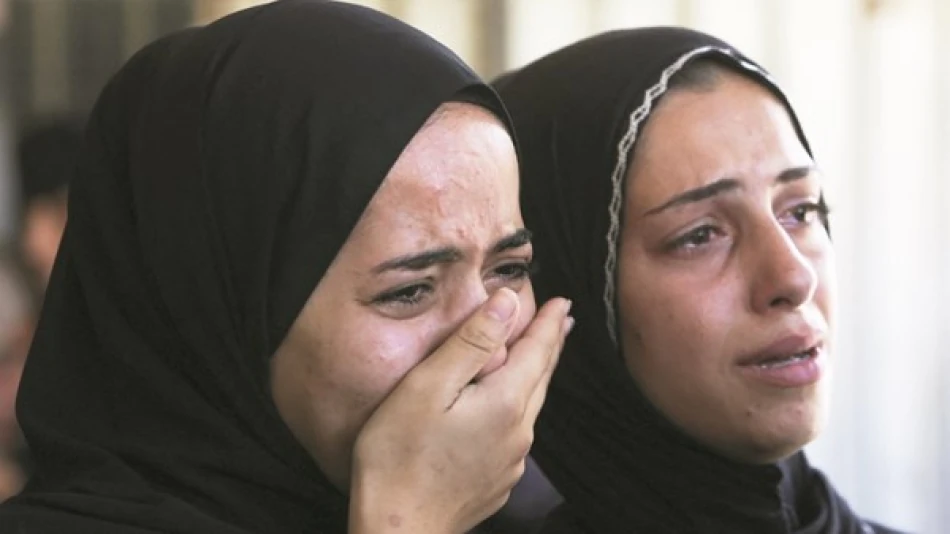
WHO Urges More Nations to Open Doors for Patients Seeking Medical Care Abroad
Gaza's Medical Crisis Deepens as WHO Warns Current Evacuation Pace Could Take Years
The World Health Organization has issued an urgent appeal for more countries to accept critically ill Gaza patients after facilitating the medical evacuation of just 35 patients—mostly children—to Jordan. With over 10,000 people still requiring medical evacuation from Gaza's decimated healthcare system, the WHO warns that current evacuation rates could take years to clear the backlog of patients whose lives hang in the balance.
Jordan Steps Up as Regional Medical Haven
WHO Director-General Tedros Adhanom Ghebreyesus announced the successful evacuation of 35 patients, predominantly children, accompanied by 72 family members to Jordan. The operation highlights Jordan's growing role as a medical sanctuary for Gaza's most vulnerable patients, continuing the kingdom's tradition of providing specialized care during regional crises.
Jordan's consistent support reflects a broader pattern seen across Middle Eastern conflicts, where neighboring countries often bear the humanitarian burden. The kingdom has historically served as a medical hub for patients from across the region, leveraging its relatively stable healthcare infrastructure and strategic location.
Healthcare System on Life Support
The WHO's stark assessment reveals a healthcare catastrophe of unprecedented scale. The organization describes Gaza's medical infrastructure as experiencing "near-complete depletion" due to airstrikes, critical shortages of medical supplies, food, water, and fuel. Multiple hospitals have ceased operations entirely, while remaining facilities operate at minimal capacity.
The Numbers Tell a Grim Story
With over 10,000 patients requiring immediate medical evacuation and only 35 successfully transferred in this latest operation, the mathematical reality is sobering. At current evacuation rates, clearing the backlog could indeed take years—time that critically ill patients simply don't have.
International Response Falls Short of Need
The WHO's call for expanded medical corridors underscores the inadequacy of current international efforts. The organization specifically advocates for resuming traditional referral pathways to West Bank and East Jerusalem hospitals—routes that functioned before the current conflict but have since been severed.
This situation contrasts sharply with international responses to other humanitarian crises, where coordinated evacuation efforts have moved thousands of patients within weeks. The current Gaza medical evacuation effort appears constrained by geopolitical complexities that don't typically affect purely humanitarian operations.
A Test of International Humanitarian Commitment
The WHO's appeal represents more than a medical emergency—it's a litmus test for international humanitarian principles. Countries with advanced medical facilities now face pressure to demonstrate their commitment to the fundamental principle that medical care transcends political boundaries.
The focus on pediatric patients adds moral urgency to the appeal. Children comprise the majority of evacuated patients, highlighting how conflict's most innocent victims often suffer the most severe consequences when healthcare systems collapse.
Long-term Implications for Regional Healthcare
Beyond the immediate crisis, Gaza's healthcare collapse signals broader implications for regional medical infrastructure. The systematic degradation of medical facilities creates long-term health consequences that will persist well beyond any political resolution, potentially affecting generations of Gaza residents.
The current crisis also tests the resilience of regional healthcare networks and international medical diplomacy mechanisms designed to function during conflicts. The WHO's struggle to coordinate adequate evacuation capacity reveals gaps in global humanitarian response systems that may require fundamental restructuring.
Most Viewed News

 Layla Al Mansoori
Layla Al Mansoori






